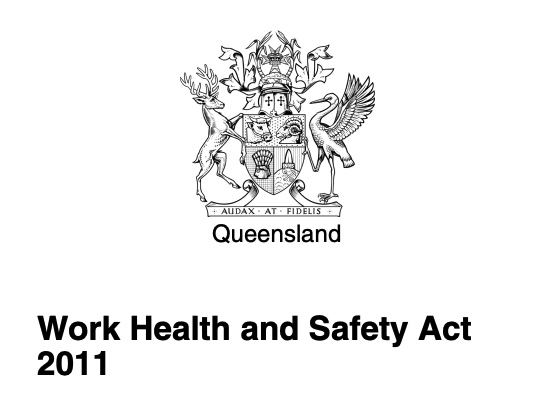On first consideration, it can be hard to associate strong internal communication with the mental health of employees. Yet, when you consider the impact of the pandemic and current economic stressors on workers, it’s easier to understand the role that companies play in supporting their employees’ mental as well as physical health.
Clear and transparent communication can reduce feelings of uncertainty, anxiety, and stress that negatively impact a person’s mental health. When employees feel that their wellbeing is being considered and that their opinions matter, they have higher job satisfaction and better mental well-being.
Considering the impact of poor mental health in the workplace is not new, but historically, it hasn’t received the attention it deserves.
However, in recent years, reputable companies have grasped the importance of good mental health in the workplace. Encouragingly, many are now implementing policies and programs aimed at supporting their employees’ mental well-being.
This is due in part to greater awareness of the impact that poor mental health can have on employees’ productivity, engagement and overall health. Broader community efforts to reduce the stigma surrounding mental illness and promote the importance of good mental health have also played an important role.
What can business leaders do?
There are many policies and programs that are designed to improve mental health in the workplace. Businesses need to effectively communicate the availability of these options, including:
- Employee assistance programs, which can provide employees with confidential access to counselling services to help them deal with personal or work-related issues that may be affecting their mental health
- Flexible work arrangements such as telecommuting, flex-time, or compressed work weeks can help employees manage their work-life balance and reduce stress
- Wellness programs that include activities like yoga, meditation, or mindfulness training can help employees manage stress and improve wellbeing
- Mental health awareness campaigns to reduce stigma around mental illness can help create a culture of acceptance and support in the workplace, and
- Manager training in recognising signs of mental health issues and managing employees with psychological concerns can help ensure that employees receive the support and accommodations they need.
In addition, good communication can help identify any issues or challenges employees may be facing so the employer can provide them with the support they need to address them in a timely way.
What is required of Australian businesses?
Under the Work Health and Safety Act 2011, Australian employers have a legal obligation to provide and maintain a working environment that is safe and without risks to the health of their employees, including to their mental health.
Employers must take measures to eliminate or minimize risks to the health and safety of their workers by implementing appropriate policies, procedures and systems. This includes identifying and addressing hazards like workplace stress, bullying, harassment and other psychosocial risks.

The Fair Work Act 2009 provides protection to employees who raise mental health concerns. This includes those that are the result of discrimination, bullying, or harassment related to psychological health.

If an employee believes their workplace isn’t providing a safe and healthy work environment, they can make a complaint – either to the employer or to WorkSafe Australia – which has the power to investigate and take enforcement action where necessary.
If employees with psychological concerns are not given adequate support, accommodations, or reasonable adjustments that they need to perform their duties, it may be considered a form of discrimination.
Failing to provide support to employees with mental health problems can result in decreased productivity, increased absenteeism and higher healthcare costs, which can impact on a company’s bottom line.
Businesses can protect themselves by implementing the types of policies and procedures recommended to help address the mental health needs of their employees.
To learn more about engaging with mental health consumers, you can click here.





